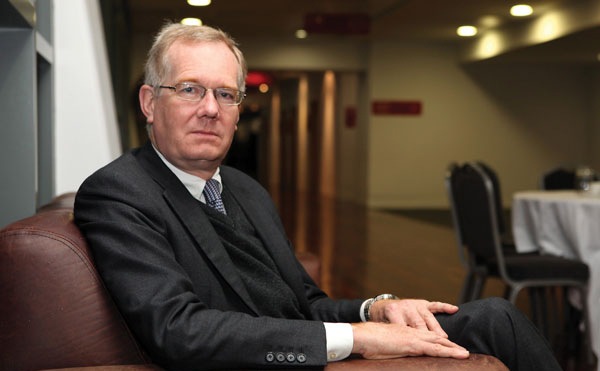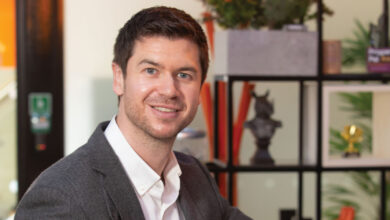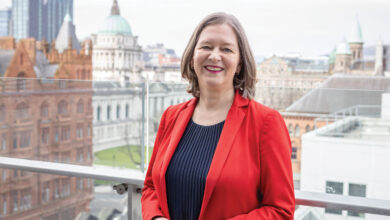Will Day interview: why sustainability matters
Sustainable development consultant Will Day shares his thoughts on its current state and the crucial need for long-term decision-making. Peter Cheney reports.
“It matters more than it ever has,” says Will Day on sustainability. The head of the UK’s Sustainable Development Commission, though, thinks that politicians and businesspeople have picked up the wrong definition and need to find longer-term solutions for the problems involved.
“When a politician or a business leader says they’re looking for sustainable growth, what they mean is they want growth to go on forever, unchecked and ideally double-digit growth,” he comments. Day understands why that is their main message at times of high unemployment but warns that such an approach will put in place another model for unsustainable economic growth.
“Can we do infinite growth on a finite planet?” he asks. Rebuilding a “bruised or battered economy” should therefore include a strategic look at what it will need in the long term.
Day’s background is in international development, having worked with Save the Children, Oxfam and the BBC World Service.
He agrees with a Chinese Government minister who, on a visit to London, said that sustainability was “the single most important conversation on the planet” as it brought together the political, economic, social and environmental policy conversations. The links between those themes make sustainability “fundamental.”
Turning to Ireland, he remarks that the island is well placed to deal with three global pressures: water, energy and food.
“Water is not your problem, you’ve got plenty of wind and waves, you’re a food exporting nation, all of which are strengths and I think will be strengths if they can be harnessed in a way that also manages to decarbonise that.”
 The IT industry can also help to “dematerialise” services, e.g. railway tickets, in the same way as music records changed from the LP record to the cassette, CD and now an invisible file.
The IT industry can also help to “dematerialise” services, e.g. railway tickets, in the same way as music records changed from the LP record to the cassette, CD and now an invisible file.
Long supply chains and distribution, though, will become more expensive and therefore become a disadvantage for the Irish economy. The end result will be people “doing more things locally around the world.”
Companies that take sustainability seriously are realising that the scale and urgency of the current problems will “profoundly” affect their strategic direction. “They are trying to work out how to minimise the risks and maximise the opportunities,” he adds, as shown by their willingness to hire staff in that field and send employees for the relevant training.
“It’s been put into the heart of the business. Not all businesses do that but the more sophisticated ones, I think, are taking it very seriously indeed.”
Sustainability is now also an established part of government policy in the UK but he questions whether that survives the current economic downturn.
“There’s a risk that as politicians struggle to rebuild their economy, they will require ‘short-term wins’. The typical [political] cycle of five years actually isn’t long enough for a number of things that need to happen.”
He finds that politicians are well-informed on the science but still find it hard to make long-term decisions.
“It is difficult to make decisions that may have a price to pay in the first 10 or 20 years for an absolutely clear benefit in 30 or 40 years’ time,” Day explains. “But that’s the sort of decision that I think we need our politicians to be considering and making. The risk is that they won’t make them necessarily until something cataclysmic happens that obliges them to.”
A message for policy-makers
“Sustainability is not an issue that sticks within borders,” Will Day warns Northern Ireland’s policy-makers. “There’s an assumption that it doesn’t really matter what we do but actually it does matter.” No single country has the answers on water, soil or food, and so all countries should be part of the conversation.
He wants politicians to understand that sustainability is neither narrowly environmental nor just a campaign topic for NGOs. It’s “profoundly social” as well and the solutions require economic and political thinking.
Day also sees sustainability as above party politics, although there are different views on how it can be achieved. The alternative’s consequences are “now beyond debate”.
Politicians also need to describe an “aspirational, better future” as people often think that a sustainable society and economy will be a “worse place” e.g. less car use or aviation than today. It is not just a matter of caring for future generations but also “a woman bringing up her children in a slum in Nairobi”.






